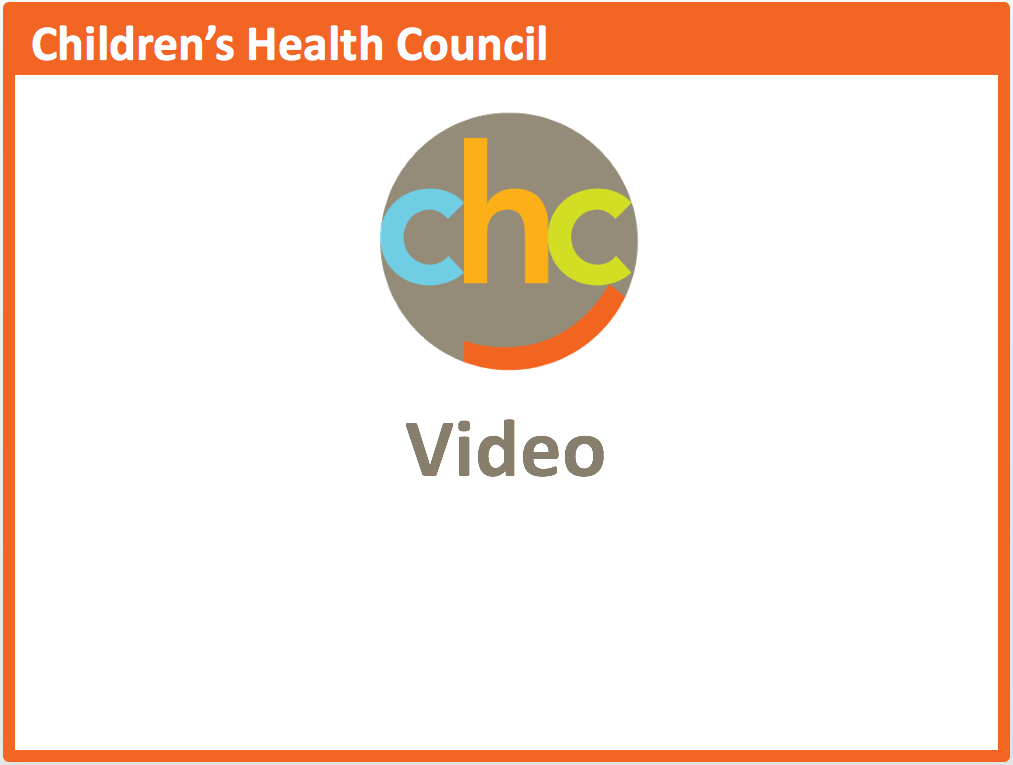 Your child’s bad behavior is not personal. Make ADHD the enemy; not your child. Catch your child being good every day. Stop blaming others. And other rules for parenting a child with ADD that every family needs to hear.
Your child’s bad behavior is not personal. Make ADHD the enemy; not your child. Catch your child being good every day. Stop blaming others. And other rules for parenting a child with ADD that every family needs to hear.
To ensure that your child is happy and well-adjusted now and in the future — and to create a tranquil home environment — you’ve got to be a great parent to a child with ADHD. Here’s what works, and why.
1. Accept the fact that your child — like all children — is imperfect.
ADHD in children is common — but not straightforward. It’s not easy to accept that there’s something atypical about your child. But a child who senses their parents’ resentment — and pessimism about their prospects — is unlikely to develop the self-esteem and can-do spirit he’ll need in order to become a happy, well-adjusted adult.
“For a child to feel accepted and supported, he needs to feel that his parents have confidence in his abilities,” says Ken Brown-Gratchev, Ph.D., a special education instructor at Kaiser Permanente in Portland, Oregon. “Once parents learn to look at the gifts of ADHD — things like exceptional energy, creativity, and interpersonal skills — they can see the shine inside their child.”
2. Don’t believe all the “bad news” about your child’s ADHD.
It’s no fun to hear school employees describe your child as “slow” or unmotivated; it’s not productive to hear only about the bad behavior. But don’t let negative remarks deter you from doing everything in your power to advocate for their educational needs. After all, kids with ADHD can succeed if they get the help they need.
“While it’s true that your child’s mind works differently, he certainly has the ability to learn and succeed just like any other kid,” says George DuPaul, Ph.D., professor of school psychology at Lehigh University in Bethlehem, Pennsylvania.
3. Don’t overestimate the importance of ADHD medication.
There’s no doubt that, for many children, the right ADHD medication makes a huge difference in improving bad behavior. But by no means is medication the only thing that makes a difference, and talking about it as if it were will leave the child feeling that good behavior has little to do with her own efforts. When you catch your child doing something you’ve repeatedly asked her not to do, fight the urge to ask, “Did you forget to take your medication this morning?” And don’t ever threaten to increase your child’s dosage because they did something inappropriate.
4. Make sure you know the difference between discipline and punishment.
How often have you complained to friends or family members (or even a therapist), “I’ve yelled, lectured, threatened, given time-outs, taken away toys, canceled outings, bribed, begged, and even spanked — and nothing works!” Do you see the problem with this approach? Any child exposed to such a variety of “sticks” would be confused. And one of the most effective approaches to discipline — the “carrot” of positive feedback — isn’t even mentioned.
5. Never punish a child for bad behavior that he is unable to control.
Imagine telling your 10-year-old to make their bed. Now imagine finding him, minutes later, lying on their unmade bed playing cards. What should you do? Give him a sharp word and put him in time-out?
According to Dr. Severe, that’s probably not the best approach. In many cases, he says, a child with ADHD fails to comply not because he is defiant, but simply because he becomes distracted from the task at hand (in this case, making the bed). Distractibility is a common symptom of ADHD — something that he may be unable to control. And when you repeatedly punish a child for behavior he can’t control, you set him up to fail.
Excerpted from “Never Punish a Child for Bad Behavior Outside Their Control” from ADDitude Magazine. Read the full article for more details on the preceding tips and seven more parenting strategies.
Source: ADDitude Magazine | Never Punish a Child for Bad Behavior Outside Their Control, https://www.additudemag.com/behavior-punishment-parenting-child-with-adhd | Copyright © 1998 – 2021 WebMD LLC
Do you need someone to talk to? To schedule an evaluation or to get advice about your child’s or teen’s challenges, call or email a CHC Care Coordinator at 650.688.3625 or careteam@stage.chconline.org CHC teletherapy services are available now.





